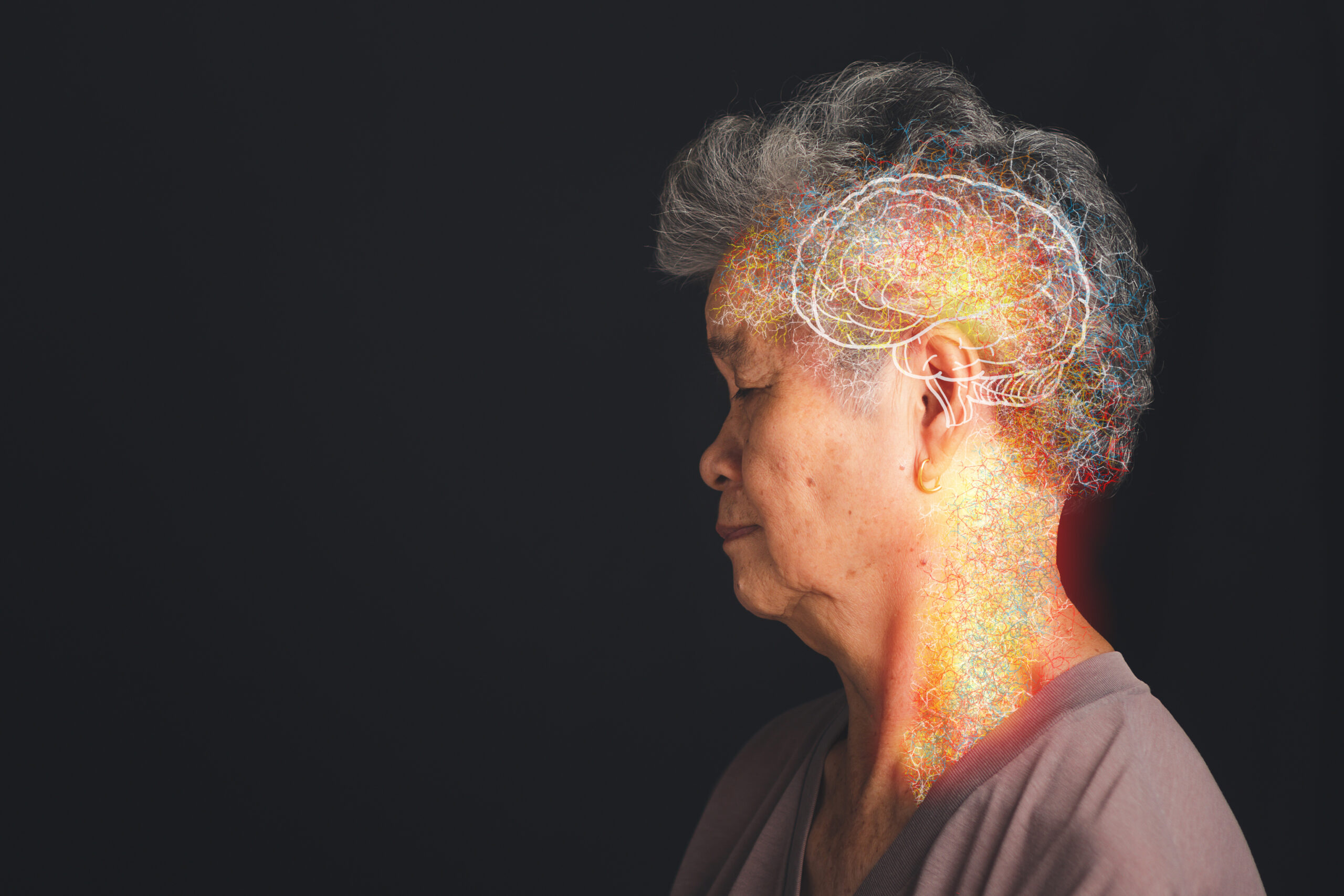The impact of cultural beliefs on Alzheimer’s care
### The Impact of Cultural Beliefs on Alzheimer’s Care
Alzheimer’s disease affects people of all cultures, but the way it is perceived and managed can vary significantly from one culture to another. Understanding these cultural differences is crucial for providing effective care. Here, we explore how cultural beliefs influence Alzheimer’s care and why it is essential to be culturally sensitive.
#### Cultural Beliefs and Alzheimer’s
Cultural beliefs shape how people understand and respond to Alzheimer’s disease. For instance, some cultures view Alzheimer’s as a natural part of aging, while others see it as a disease that can be prevented or cured through traditional remedies. These beliefs can influence how families seek medical help and how they care for their loved ones.
**Language Barriers**
One significant challenge in Alzheimer’s care is language barriers. Many people with Alzheimer’s may not speak the dominant language of their country, which can make it difficult for them to communicate their needs. For example, in some Asian cultures, family name is mentioned first, which can cause confusion in medical paperwork and communication[2].
**Traditional Healing Methods**
Some cultures rely on traditional healing methods, which may include herbal remedies or spiritual practices. While these methods may not be scientifically proven, they are often deeply rooted in cultural traditions and can provide comfort and a sense of control for patients and their families.
**Dietary Restrictions**
Cultural dietary restrictions also play a significant role in Alzheimer’s care. For example, some people may follow a halal or kosher diet, which requires specific food preparation and ingredients. Understanding these dietary needs is essential to ensure that patients receive the right nutrition, which is crucial for their overall health and well-being[1][4].
**Family Involvement**
In many cultures, family involvement is crucial in caregiving. For instance, Latino families often rely on home-based caregiving, which is preferred in their communities compared to institutional care. This emphasis on family involvement can affect not only the choice of care settings but also the day-to-day interactions caregivers have with their elderly clients[1].
#### The Importance of Cultural Competence
Providing culturally competent care is essential for improving the quality of life for people with Alzheimer’s. Here are some ways to ensure cultural competence:
– **Language Assistance**: Using interpreters or bilingual staff can help bridge the gap in communication.
– **Cultural Brokers**: Trained individuals who understand both the healthcare system and the cultural backgrounds of patients can facilitate better care.
– **Personalization of Care**: Tailoring care plans to align with the cultural beliefs and preferences of patients can enhance their comfort and adherence to treatment.
– **Patient Involvement**: Including patients in their care decisions and planning can foster a sense of control and agency, which is vital for their emotional well-being[1][4].
#### Challenges in Providing Culturally Sensitive Care
Despite the importance of cultural competence, there are several challenges that healthcare providers face:
– **Language Barriers**: As mentioned earlier, language barriers can hinder effective communication and create misunderstandings.
– **Implicit Biases**: Healthcare providers may hold implicit biases that can lead to misconceptions about a patient’s needs or preferences.
– **Emotional Barriers**: Fear and anxiety can interfere with open dialogue during medical consultations, impacting the quality of care received.
To address these challenges, healthcare systems need to implement comprehensive training on cultural competence for providers, enhance communication methods, and create supportive environments that encourage trust and understanding between patients and caregivers[1].
### Conclusion
Cultural beliefs significantly influence how people understand and manage Alzheimer’s disease. By being culturally sensitive, healthcare providers can deliver more personalized and equitable care, improving patient outcomes and satisfaction. Understanding and respecting these cultural differences is not only a moral obligation but also a practical necessity for providing effective care.





